
HHS selects 15 more Medicare Part D drugs for price negotiation under the Inflation Reduction Act, aiming to lower costs for millions by 2027.

HHS selects 15 more Medicare Part D drugs for price negotiation under the Inflation Reduction Act, aiming to lower costs for millions by 2027.

Read these quick comments from Donna Hallas, PhD, PPCNP-BC, CPNP, PMHS, FAANP, FAAN, and Bernard Cohen, MD, regarding the banning of red No. 3 from foods and ingested drugs.

The digestive enzyme cartridge is designed to mimic pancreatic lipase function.

A CDC report shows only 23% of U.S. teens get enough sleep, with disparities highlighting the need for targeted health interventions.

Across all years in the report, the CDC rated each physical activity trend with a color of red, indicating that trends are going in the "wrong direction."

Manufacturers who use red no. 3 in food and and ingested drugs will have until January 15, 2027 or January 18, 2028, respectively, to reformulate their products.

The lead clinical trial investigator for a phase 3 study of crinecerfont in pediatric CAH patients breaks down the December 2024 FDA approval.

Of those with a minimum age or minimum interval vaccine dose, 44.9% ended up receiving extra doses to complete a vaccination series.

Principal investigator Lewis Romer, MD, of Johns Hopkins Medicine joined us to discuss the actively-recruiting MoD PAH trial assessing mono vs dual therapy for pediatric PAH.
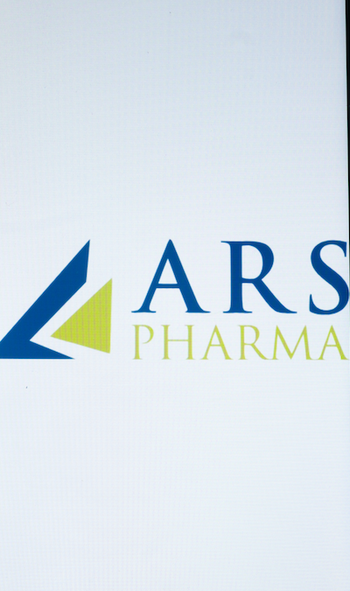
Neffy was first approved in September 2024 to treat type 1 allergic reactions in patients who weigh at least 66 lbs (33 kg).

Get caught up with Contemporary Pediatrics! This list helps you navigate our top stories from the week, all in one place.

Results from a recent study revealed that compulsive and addictive elements can contribute to the risk of disordered eating. Study investigator Susan Carnell, PhD, explains these findings.

Positive interim data was reported from the ENERGY 1 trial and Expanded Access Program that featured a total of 5 infants and 1 child.

In an open-label extension of the EPITOPE phase 3 trial, the Viaskin Peanut patch had continued improvement in toddlers aged 1-3 years through 36 months.
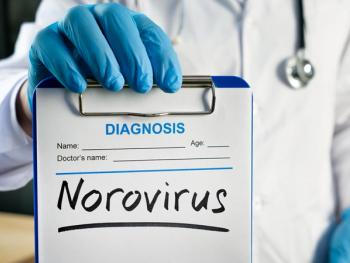
Based on reports by NoroSTAT-participating states, the total number of outbreaks in 2024-2025 seasonal year is above the range reported 012–2020 and 2021-2024 seasonal years.
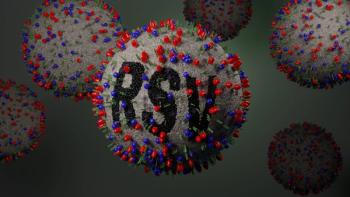
The study within a single health care system revealed that most infants born prior to December received the nirsevimab monoclonal antibody.

A recent study highlights potential reductions in macronutrient levels in breast milk because of maternal medications, though breastfeeding remains strongly recommended.

Recent research evaluated the association between screen time and autism spectrum disorder by considering socioeconomic factors as instrumental variables.
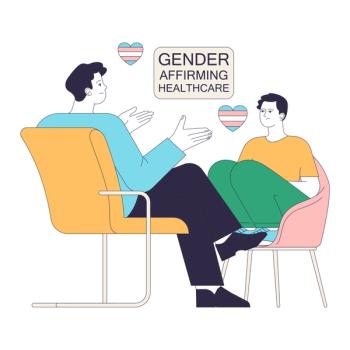
In this cross-sectional population of insured adolescents from 2018 to 2022, receipt of puberty blockers and hormones was rare.

Robert Frenck, MD, explained why 2024 was a big step in the right direction for RSV prevention, and emphasized the importance of vaccination against preventable diseases.

Susan Carnell, PhD explains social media addiction symptoms, but not time on social media, were cross-sectionally and prospectively associated with binge eating.
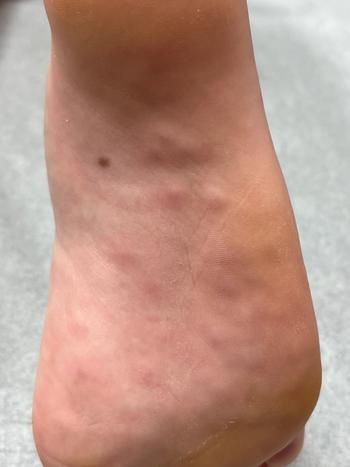
Medical advice was sought on the fifth day of symptoms, and by this time, the child was improving clinically.

The photos in this case were taken soon after the painful and red papules appeared.

Among a low-income and racially/ethnically diverse sample of caregiver child dyads, text intervention was effective for toothbrushing, preventive dentist visits, and more.

Findings support continued caution in the use of glucocorticoids among pregnant people.

The use of pulse oximetry screening for asymptomatic newborns at or around 24 hours of life helps identify at-risk infants.

Get caught up with Contemporary Pediatrics! This list helps you navigate our top stories from the week, all in one place.

Russell Libby, MD, FAAP highlights some key benefits of roflumilast 0.15%, approved in 2024 to treat AD in patients aged 6 years and older.

Kick off the new year with 8 parenting goals: update vaccines, build healthy habits, enjoy outdoor time, read daily, and prioritize mental health.

Contemporary Pediatrics' editorial advisory member Russell Libby, MD, FAAP, highlights 2024 FDA approval of epinephrine nasal spray (Neffy) in this video interview.